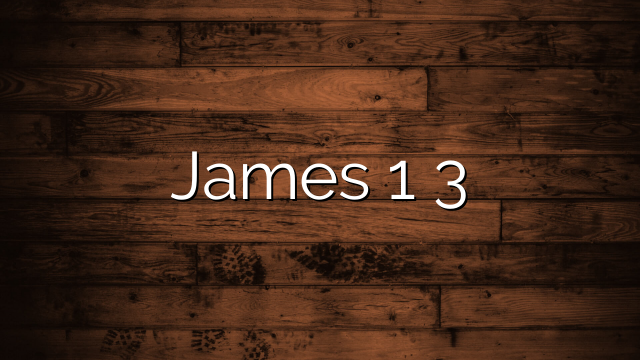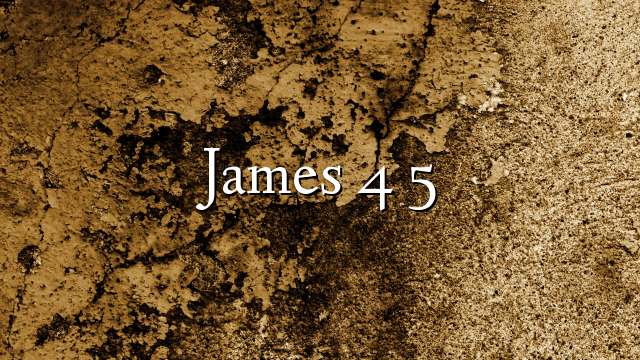RandallButh wrote:There are also two ways to look at Mt 26.51
ἀφεῖλεν αὐτοῦ τὸ ὠτίον
1. One may view αὐτοῦ as attracted to a head phrase for strengthening it, in this case the verb. This is a syntactic device that also fits with what happens with ‘enclitics’.
2. Also, the αὐτοῦ may be fronted within the noun phrase, picking up additional mini-focus.
A live pronunciation would distinguish these two.
In case 1, I would guess that the pronoun may have lost its accent like an enclitic, even though the spelling system retains it. I find myself naturally reading this way when thinking through the clause as in number one, where the pronoun is highly pre-supposed information. Such modern reflexes may indeed reflect antiquity, especially remembering the classic case where Israelis naturally contract “et ha-” -את ה as ta- ת. Even first graders write things like שתיתי תמץ in place of the correct שתיתי את המץ “I drank the juice,” without knowing that BarKochba did the same 1900 years ago מעיד אני תשמים “I call heaven as witness,” and a few other examples. Such writing was not learned in school.
If one reads the written text Mt 26.51 as is, then number 2 is the result. However, the ‘mini-focus’ would probably have had a normal intonation level, not a full focus intonation like in a hypothetical:
αὐτοῦ ἀφεῖλεν τὸ ὠτίον.
This article here http://typo.uni-konstanz.de/ocs-uploads … on-NTG.pdf suggests that a genitive in this position is an external possessor construction.
I still need to evaluate it, but I’m tossing it out there.
Statistics: Posted by Stephen Carlson — May 19th, 2014, 5:37 pm






